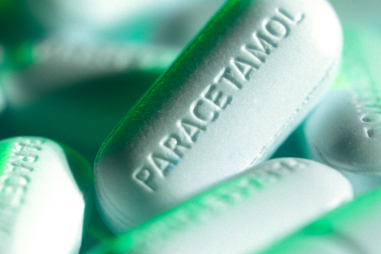The selling price of Paracetamol, which is a popular painkiller in Nigeria, rose by 275% in four years.
According to a new report by SB Morgen titled ‘Paying the price on health’, which was obtained by TheWitness, the selling price of Paracetamol was N40 in 2019.
However, by 2023, the price of this popular painkiller has increased to N150.
The report noted that Paracetamol by the local manufacturing firm, Emzor, recorded the highest price increase among other painkillers.
It read:
A year-on-year analysis showed that the price of 500MG of Paracetamol rose by 25% in 2020, 60% in 2021, 25% in 2022, and 50% in 2023.
The report identified different categories of drugs aside from painkillers. Others include common cold medicines, antibiotics, and antimalarials.
For common cold medicines, it was stated that Actifed had the highest cost and selling prices from 2019 to 2023 due to reasons, such as the brand’s goodwill built over the years and the foreign factor of the company’s production process, making it vulnerable to forex volatility.
The report further noted that across all drug categories, the highest jump in the cost and selling prices were recorded for antibiotics.
It noted that the cost price of Ampiclox recorded the highest rate of increase between 2022 and 2023, jumping by 346 percentage points.
For selling price, Amoxil recorded the fastest rate of increase, jumping by over 400 percentage points within the same one-year period.
For the antimalarials, Lonart DS recorded the highest cost and selling price increase, jumping by 110% and 92.3%, respectively in the four years between 2019 and 2023.
In the report by SB Morgen, a pharmaceutical professor at the University of Lagos, Boladele Silva, noted that Nigeria’s pharmaceutical industry is highly exposed to shocks from foreign exchange volatility.
He said to SBM:
The report further concluded:
TheWitness recently reported that there has been a surge of up to 1000% in the prices for GSK medications following the firm’s planned exit from the Nigerian market.
The Association of Industrial Pharmacists of Nigeria (NAIP) warned that there may not be enough of some critical medicines in the country because of the present economic downturn.
It said pharmaceutical companies might have a harder time getting important medicines to people unless the government does something about two very important problems: the very high price of diesel and the lack of foreign exchange.







